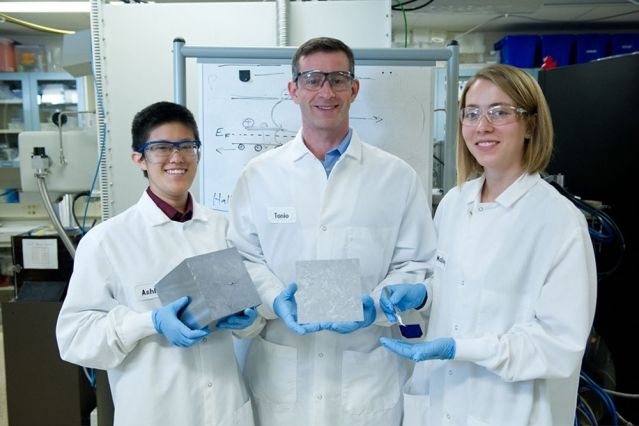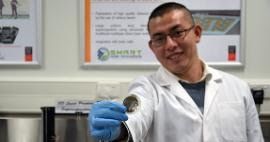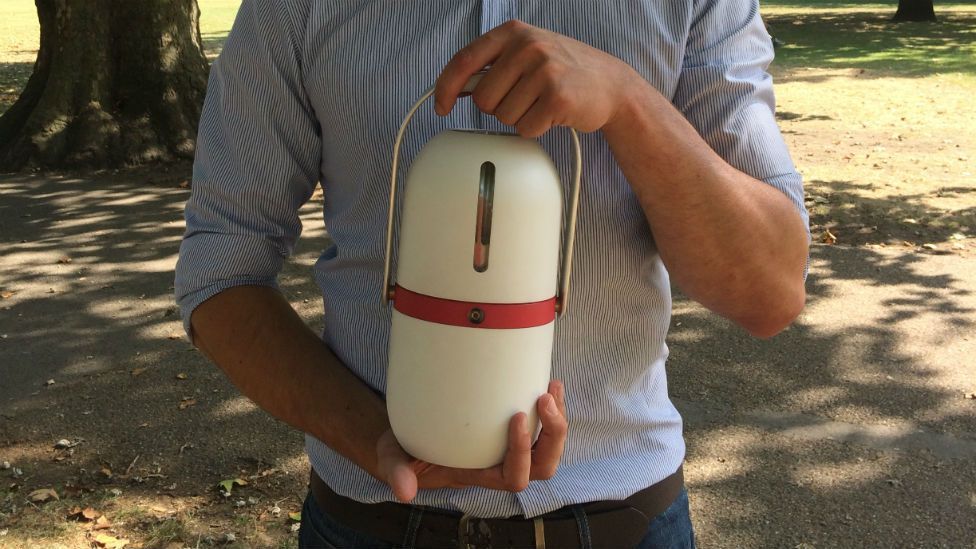Feb 25, 2017
Scientists Say Induced Hibernation Could Help Us Fight Cancer in the Future
Posted by Shane Hinshaw in category: biotech/medical
Hibernation used in conjunction with radiotherapy could be the key to fighting cancer in the future, according to new research.
Putting cancer patients into a hibernation-like ‘deep sleep’ state could hypothetically slow down their bodily functions and halt the spread of tumours inside their tissues, while also increasing the body’s resistance to radiation, scientists suggest.
The experimental treatment – which is still many years away from being attempted in humans – might sound like science fiction, but does have some grounding in reality.
Continue reading “Scientists Say Induced Hibernation Could Help Us Fight Cancer in the Future” »


















